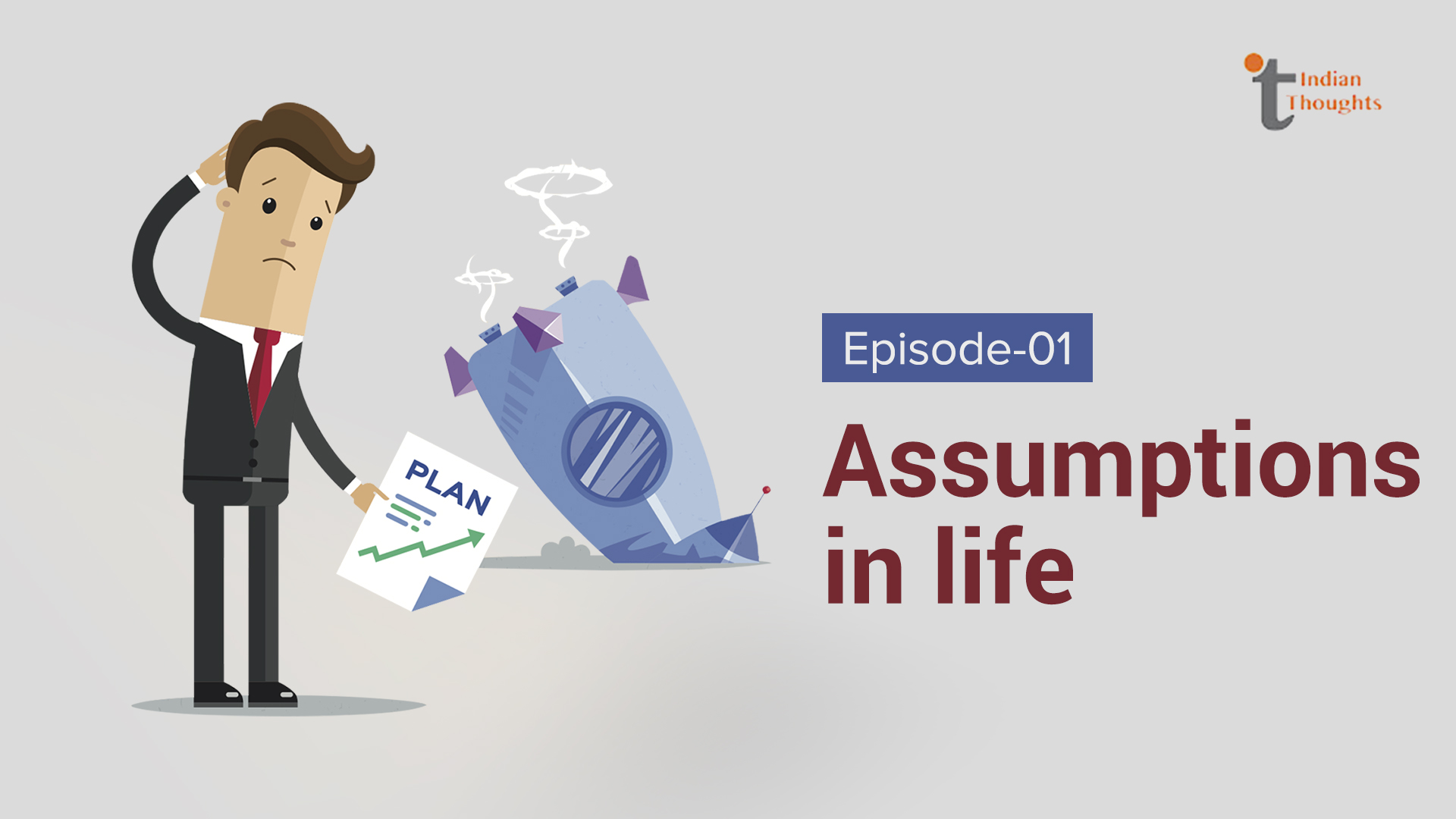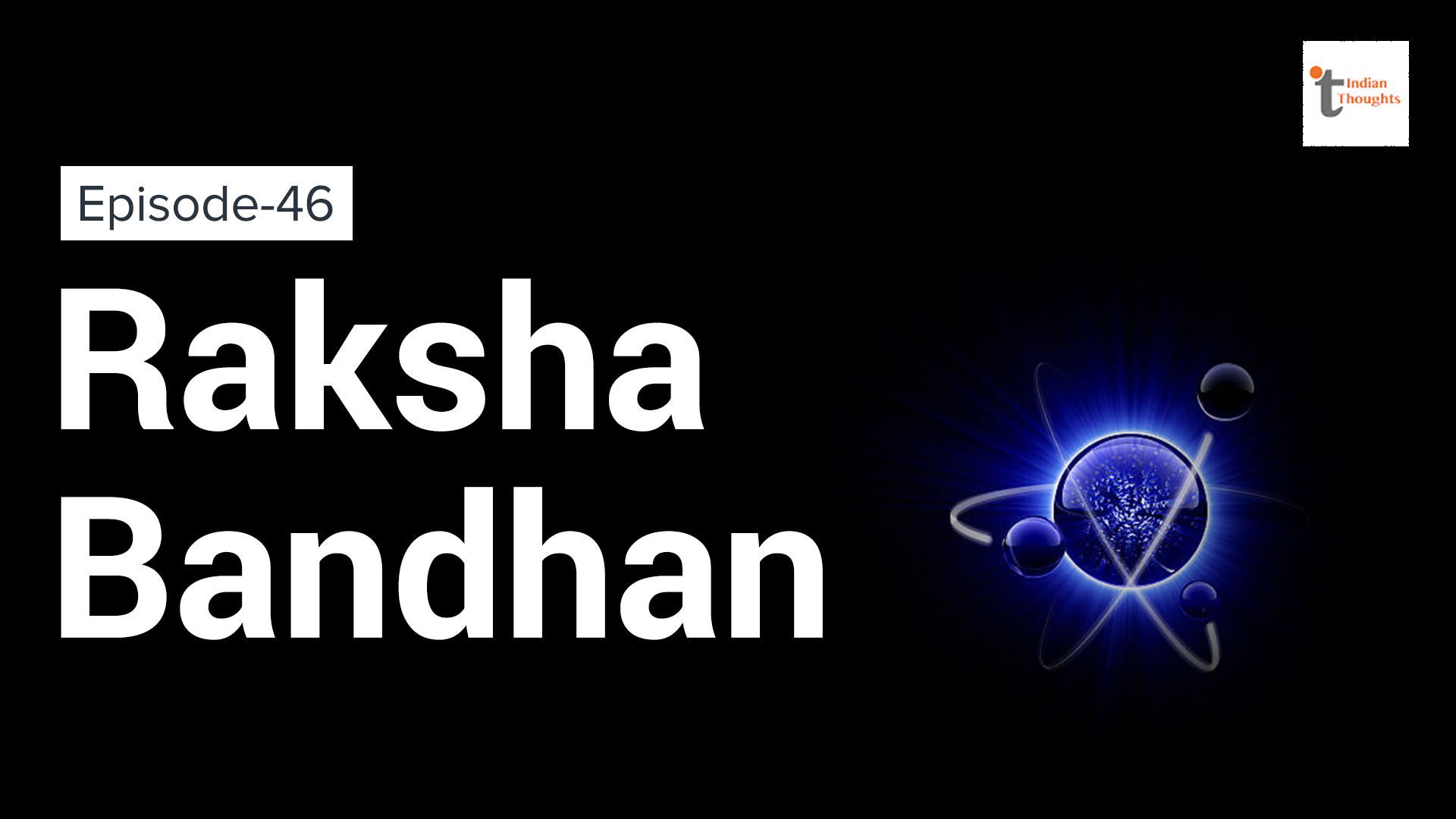Suppose a mischievous and reckless person broke into a mall and exchanged all price tags in between. Here, a customer will be put to utter confusion, knowing not what the actual prices are. In real life also people are in a similar enigmatic situation. Here, nothing has a price tag and we have great difficulty in deciding the value of each. What we generally do is hoarding all that we think are profitable but never caring if we need any of that. Usually, people may not have in store the appropriate thing they need for resolving critical issues in life. This is one reason why people miserably lose in lives.
Still, we think that we are too smart. I remember the story of a big army of ants, which was moving a beautiful big feather. I kept watching them for a long. They marched ahead, sometimes going around obstructions and sometimes holding it partially horizontal. At last, the ants came near a long trench which was not too easy for them to cross. I saw the ants discussing in groups, the matter at length and finally pushing the feather over the trench. Once the feather tip touched the other side. They walked over the feather and crossed the trench. Further, they pulled the feather easily and again continued their march. Eventually they reached their hole, only to find that the hole was too small for the feather. Maybe with regret, the whole army left the feather there and dispersed. What happened to the ants was that they didn’t ever think, if the feather would be of any use to them. They took it to their hole, only because they found it to be beautiful.
To a great extent, we are also thoughtless like the ants and blind without a proper goal. Unless we have a clear game plan, how can anyone create masterpieces? I have heard the story of a farmer who began digging a well. When the hole was ten feet deep, a friend suggested that the well could be better if it is somewhere else. The farmer changes his mind and follows his advice. This continued many times and his land got filled with holes, all ten-twelve feet deep. The farmer did not get water from any. How better it would have been, if he had decided to dig any one of them deeper?
A certain man asked the mystic Mulla Nasrudin, “What is the meaning of fate, Mulla?” Mulla replied, “Assumptions.”
“In what way?” the man asked again.
Mulla looked at him and said, “You assume things are going to go well, and they don’t – that you call bad luck. You assume things are going to go badly and they don’t – that you call good luck. You assume that certain things are going to happen or not happen – and you so lack intuition that you don’t know what is going to happen. You assume that the future is unknown. When you are caught – you call that fate.”
Quite interesting is the story of Tom. He was always late to rise up and late to report in his office. At last, he decided to visit a physician. The physician recommended a few tablets. He took one as instructed and went to sleep. Surprisingly, when he woke up, it was early morning and that day he reported in the office right on time. But Tom did not know that he had slept a day more.
Many times, we are like this Tom, living in assumptions, thinking that we have successfully resolved all critical issues. Assumptions only mislead!



















